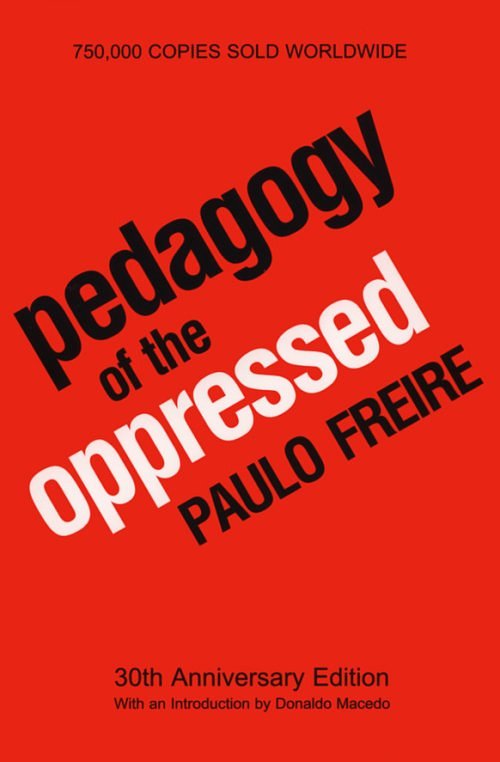Government Grants
Business Grants
Home Owner Programs
Federal Programs
About Us
U.S. Mission to the Democratic Republic of Congo Grants
U.S. Mission to the Democratic Republic of Congo
The Congo Basin and its people are increasingly under threat. Slash and burn agriculture, urbanization, rapid population growth, charcoal production, deforestation, illegal logging and mining, and...morePosted On - 2025-01-15
U.S. Mission to the Democratic Republic of Congo
The Congo Basin and its people are increasingly under threat. Slash and burn agriculture, urbanization, rapid population growth, charcoal production, deforestation, illegal logging and mining, and...morePosted On - 2025-01-15
U.S. Mission to the Democratic Republic of Congo
The Congo Basin and its people are increasingly under threat. Slash and burn agriculture, urbanization, rapid population growth, charcoal production, deforestation, illegal logging and mining, and...morePosted On - 2025-01-14
U.S. Mission to the Democratic Republic of Congo
The U.S. Embassy Kinshasa of the U.S. Department of State is pleased to announce that funding is available through its Small Grants Program. This is an Annual Program Statement, outlining our funding...morePosted On - 2024-12-31
U.S. Mission to the Democratic Republic of Congo
The Academy for Women Entrepreneurs (AWE) program was established by the U.S. Department of State’s Bureau of Educational and Cultural Affairs (ECA) to support women entrepreneurs around the...morePosted On - 2024-12-31
U.S. Mission to the Democratic Republic of Congo
The Democratic Republic of Congo is home to over 4,000 individuals who have benefited from U.S. government exchange programs. In addition, the country boasts a rapidly growing community of...morePosted On - 2024-12-31
U.S. Mission to the Democratic Republic of Congo
A. PROJECT DESCRIPTION The U.S. Department of State, U.S. Embassy Kinshasa announces an Open Competition for organizations interested in submitting applications for projects that promote accountable,...morePosted On - 2024-07-15
U.S. Mission to the Democratic Republic of Congo
Project Objectives: SH funds are meant for activities that are community driven and serve the community at large where they are being funded. The most successful project proposals will target health,...morePosted On - 2024-07-15
U.S. Mission to the Democratic Republic of Congo
The U.S. Department of State, U.S. Embassy in Kinshasa - Democratic Republic of Congo through the U.S. President’s Emergency Plan for AIDS Relief (PEPFAR) Coordination Office (PCO) is pleased...morePosted On - 2024-04-17
Social Entrepreneurship
Spotlight
Why This Book Needs to be Read By Every Social Entrepreneur

Pedagogy of the Oppressed, a 1970s book by author Paulo Freire, envisions a world not as a given reality, but as “a problem to be worked on and solved.” That mentality is often applied to the greatest social entrepreneurs.






